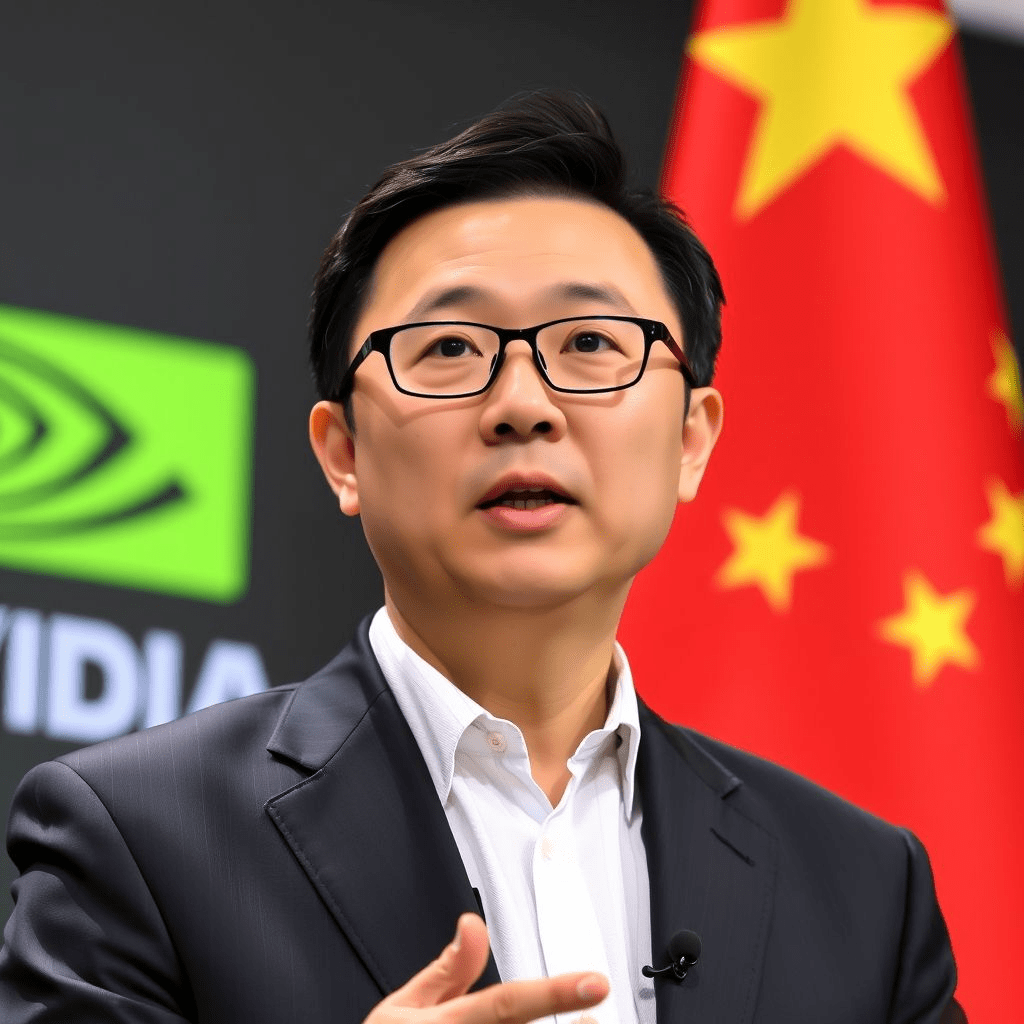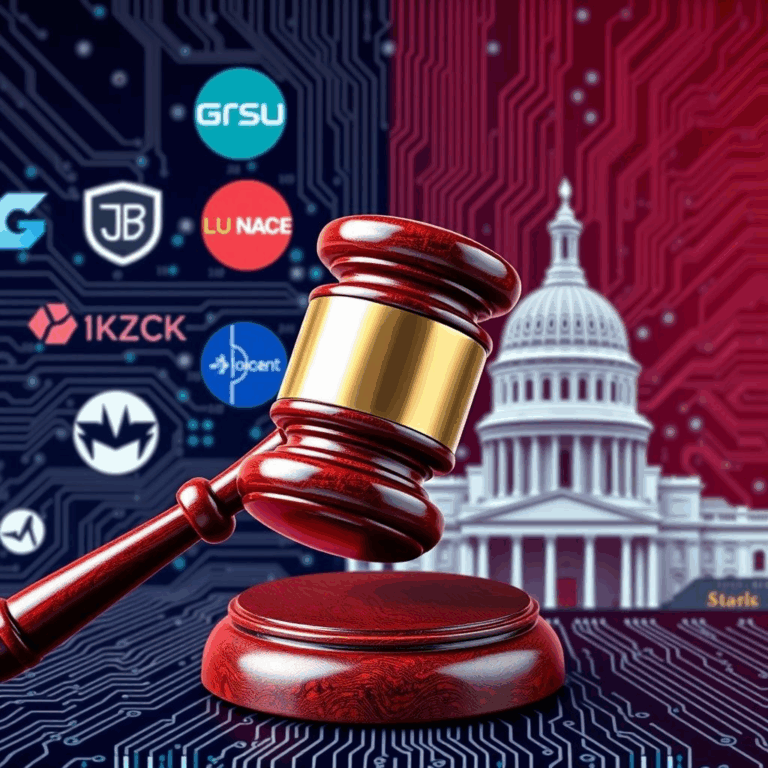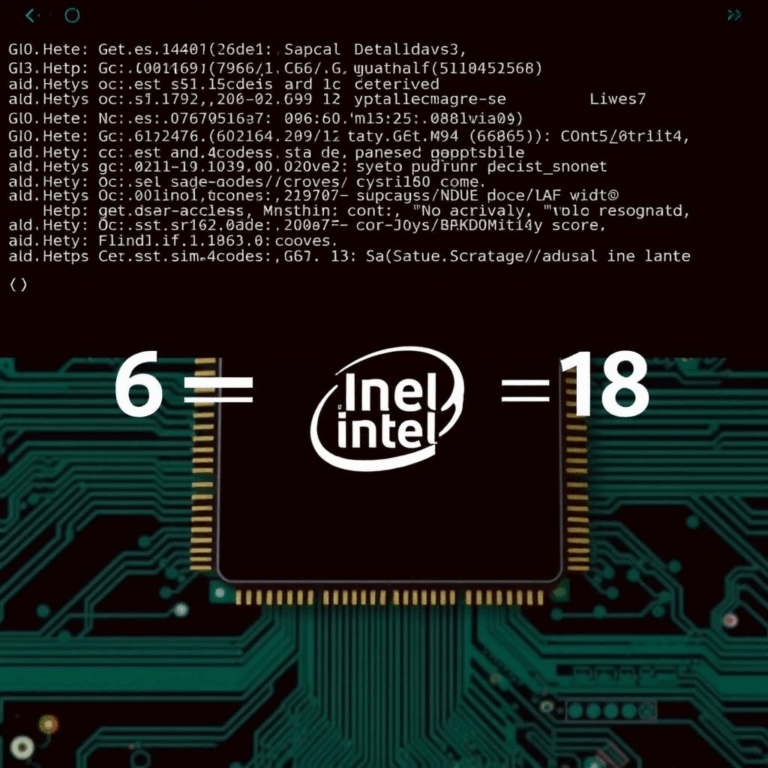On July 16, 2025, Nvidia’s CEO Jensen Huang held a rare and closely watched media briefing in Beijing, addressing the growing challenges and opportunities facing the company in China. This comes at a time when the U.S. government has tightened export restrictions on advanced AI chips to China, threatening Nvidia’s dominant position in the world’s largest semiconductor market.
Let’s explore what Huang said, the context behind the visit, reactions from industry experts, and what this means for Nvidia and the broader technology landscape.
Background: U.S.–China Tech Tensions and Nvidia’s Role
Over the past few years, the U.S. government has imposed a series of export controls to limit China’s access to advanced semiconductors, citing national security concerns and the need to maintain U.S. technological leadership.
In October 2022 and further expanded in 2024, these restrictions specifically targeted high-performance GPUs used for artificial intelligence (AI) and supercomputing, including Nvidia’s flagship A100 and H100 chips. Nvidia, which supplies the majority of AI accelerators globally, was forced to create alternative models with lower performance to comply with the rules, but even those are now under scrutiny.
China represents a significant portion of Nvidia’s revenue — estimated at around 20–25% — especially in the lucrative data center and AI markets.
Amid this climate, Jensen Huang’s trip to Beijing — his first public appearance in China since the 2024 escalation of restrictions — signaled both resilience and concern.
What Happened at the Nvidia China Briefing?
Held at a luxury hotel in Beijing’s central business district, the event was attended by Chinese tech executives, analysts, journalists, and even some government officials.
Huang appeared optimistic but pragmatic, acknowledging the difficulties imposed by U.S. policies while emphasizing Nvidia’s commitment to its Chinese partners.
Key Highlights of Huang’s Remarks:
- On Export Restrictions:
“We respect the laws of the countries we operate in. While the export controls have impacted our product offerings here, we continue to innovate within the rules.” - On China’s Importance:
“China has always been an important market and partner for Nvidia. We aim to support the local AI and research ecosystem as much as we can.” - On AI Innovation:
“AI is not just about hardware. Software, talent, and creativity are equally crucial. Nvidia’s platforms can still empower Chinese developers to achieve great things.”
Huang also unveiled plans to expand training programs in China for AI developers, focusing on CUDA software and machine learning frameworks.
Interestingly, he did not announce any new hardware products specifically for the Chinese market — a sign of the delicate situation the company finds itself in.
Reactions from Industry Experts
The briefing drew mixed reactions from analysts and stakeholders in both China and the United States.
Chinese Industry Observers:
Many Chinese tech firms welcomed Huang’s reassurances and his presence in person, which they saw as a gesture of goodwill.
Li Wei, a semiconductor analyst at a Shanghai research firm, said:
“It is significant that Jensen came to Beijing at this time. It signals Nvidia’s willingness to engage, despite the political headwinds.”
U.S. Policy Analysts:
Some in the U.S. viewed the visit as risky, given the heightened scrutiny of American tech companies’ dealings with China.
Rachel Martinez, a Washington-based trade policy expert, commented:
“Nvidia is walking a fine line. On one hand, it must obey U.S. export controls; on the other, it doesn’t want to lose access to a massive market. This briefing shows how complicated the situation has become.”
Impact on Nvidia and the AI Market
Nvidia remains the global leader in AI hardware, with more than 80% market share in GPUs for machine learning. Losing or weakening its position in China could significantly affect its revenue and competitive edge.
However, Huang’s emphasis on software and training programs suggests Nvidia may be pivoting to a more holistic approach — focusing not just on hardware but also on the AI ecosystem.
Analysts expect that Chinese companies will accelerate efforts to develop their own AI chips and reduce dependency on U.S. suppliers, while Nvidia seeks ways to remain relevant without violating export laws.
Future Outlook
Looking ahead, several scenarios are possible:
- If U.S. restrictions intensify further, Nvidia may be forced to sell even lower-performance chips or exit certain Chinese segments.
- Alternatively, some kind of diplomatic compromise could allow continued — albeit limited — exports.
- Nvidia could also invest more in partnerships, joint ventures, or local R&D centers to maintain its presence.
For now, the company appears determined to keep its foothold in China while complying with U.S. regulations.
Summary
The Nvidia China briefing highlighted the delicate balance the company must strike between complying with U.S. export controls and maintaining a strong position in the Chinese market. Jensen Huang’s presence in Beijing sent a message of resilience and partnership to Chinese customers, even as political tensions complicate the business environment.
The next few months will be crucial for Nvidia and the entire AI semiconductor industry, as both Washington and Beijing weigh their next moves.







